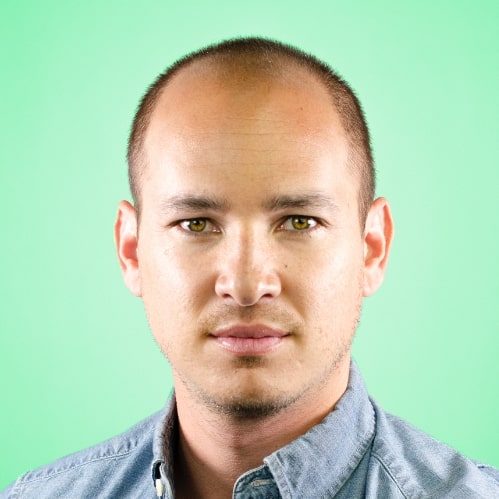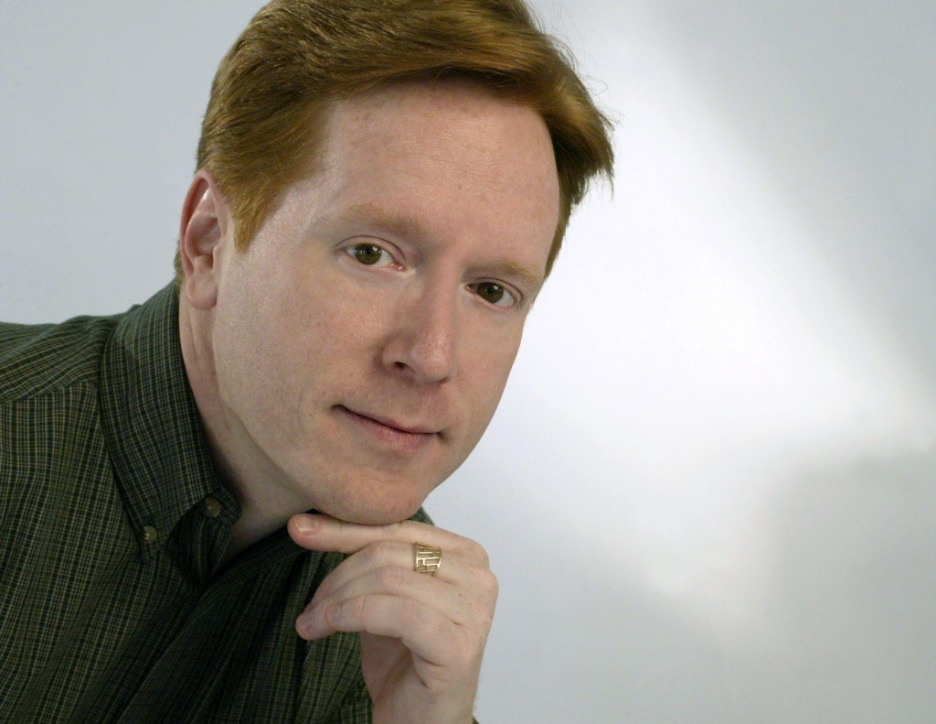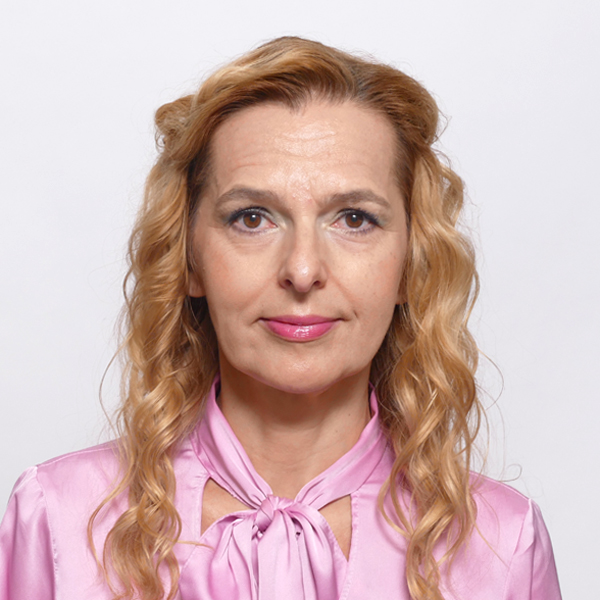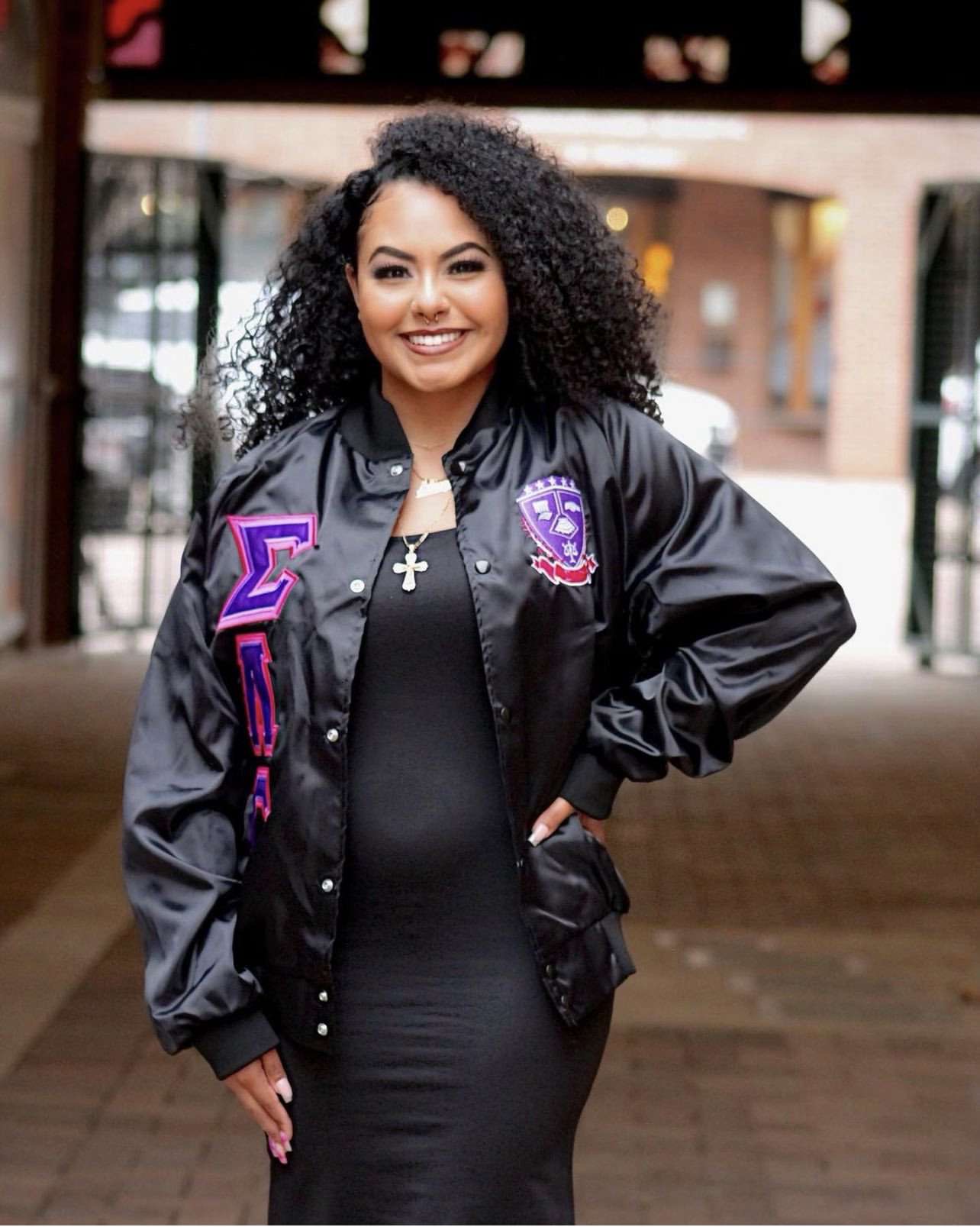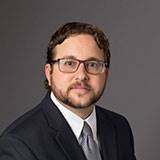
Dr. Jacob Skousen discusses how his experience with marginalized populations expose the need to consider critical pedagogy in educational leadership.
You know, college was always, you know, in the mix. It was always part of, part of the family expectation with that also was this expectation of going on a mission for our church. And, and I when I was 19, I was sent to Nicaragua, which at the time, I mean it was, it was the mid nineties. And, and let's be clear, I did not speak Spanish before I went and I had a very immersive experience, what we call immersion in language acquisition. Right. It, it was an experience where I lived with people and I spent two years in Nicaragua, so there were months that I went without hearing English or speaking English. We spent time in service, so we would, we would do service projects where you would work with people. I mean, I can't tell you how many latrines I, dug and did a number of things like that.
So it was service and then we also did teaching and that was part of it as well. And I found, and I learned that teaching was really part of who I, who I was and who I am. And in fact, you know, when, when I got back, it was, it was interesting to note, when I got back and people would ask me where I was from because I spoke with such an accent.
Right. I really stuck with you.
Yeah, the English that I spoke with, with such an accent that people wondered where I was from. And if you look at me, so I know this is being audio recorded, but not video recorded. So, if you look at me, I, I'm, I'm, I'm greengo, right? I'm White, and, light skinned. Right? So, it was, it was always this interesting paradox.
And so with that came these, these realities and the recognition of, of the differences of people. Because I, being white and speaking Spanish, it was thought of as being unique and special. Right. Whereas people who are Latino, if you have brown skin, right, it's like, wait, you don't speak Spanish and it their thoughts down on and, and if they do speak Spanish, it's like, oh yeah, big deal. You know? And I was something unique. I was special. I was somehow smart. And so when I returned, I spent 14 in schools, I spent time in elementary schools and middle schools and in high school, I taught fourth grade and fifth grade I taught sixth, seventh, and eighth graders. And then I taught high school and I spent six years in the principal-ship.
You've got the gambit.
Yeah. So I had all of these experiences and with the experiences that I've had in schools, I've seen the ways in which people or students, kids, their parents or families have lived in, I guess, you know, some people might call it the margins of society, but it wasn't their choice to do that, right? This was our society. This was our system that has really placed these individuals in these, in these positions.
And so let's take an example. Okay. We've got, a kindergarten student of a five year old who shows up to school who's a monolingual Spanish speaker, right? Because they only speak Spanish at home. They show up to school and their kindergarten teacher is a monolingual English teacher. That teacher is teaching math that teacher's teaching the foundation of literacy skills, right? Reading and sometimes social studies and science and art is teaching. How much does that student here, that teacher teaching? Well, nothing. They don't hear anything. They don't understand anything. Right? So while all of the peers are learning about math and are getting those foundational skills in numeracy and those foundational skills and literacy, that student is still trying to acquire enough English to really understand what the teacher is saying
And a child is getting left behind.
Yeah. That's the, that's the irony of it all, isn't it?
Jim Cummins characterized and described two types of, of English language, let's say, or language. You've got academic language, cognitive, academic language proficiency, and then basic interpersonal communication skills. So kids, by the time they're in second grade and third grade, they've got this interpersonal ability. They can talk, right? We, we have a conversation, because they've been on the playground, they'd been playing, you know, they've acquired a lot of English in that way. But what they lack often because they were never, never given this, is that academic language because in the classroom they never understood it. And so by the time they're in second grade, the teacher looks at him and goes, you speak English though. Why don't you understand what I'm saying? And it has nothing, it has a little bit to do with the language. Let me correct myself, it has something to do with the language.
But specifically it has everything to do with the vocabulary that most kids were taught when in kindergarten about addition and subtraction. We take these numbers and we do these things with it that they never learned in that way. They never had that progression of getting some of those basic skills in a way that they understood it. Right. That was comprehensive, comprehensible to them. And so then we asked the question, well, why are they so far behind? Well, they started behind and there was nothing and, and this was systemic. This was our system's problem. It is a systemic issue. We did it to them. We told them they weren't dumb. They told, we told them they couldn't do math. And then it just kinda continues over the years.
when I'm working right now is a case about a school that did some fundraising things, but it was a high poverty school with high percentages of students of color and students had to raise $15 for a readathon, which in essence was getting $15 from people at home. And this is a high poverty school, is it? Is this, is this equitable? When we ask students in poverty to raise money from their own families who live in poverty for something in the school, granted it would benefit the kids, ideally. Right. And teachers worked hard to develop this idea of coming up with this fundraiser, don't get me wrong, but the outcome is the problem where we're asking kids who are poor to give money to the school. We're asking their families to do this. And then the students who didn't get or didn't bring money, didn't get the reward of bringing money. And the interesting thing about this specific case is there was a parent who decided to fund raise on her own to make sure that all the kids, so this parent had some, had a network of, of people who had money. I asked them to donate some money so all kids can participate in this fun, in this reward for raising money. And this parent was reprimanded by the school district and was told that she couldn't do fundraising for the school in the way that she wanted to do it. She set up a go fund me page and was told that you can't do that. That there was a district policy that prevented, get this, school personnel to set up a go fund me pages. She was not acting on behalf of school personnel. She was acting on behalf of of her own idea to raise money to fund those 43 kids who weren't going to be provided this reward for raising money in a high poverty school. So this is a fascinating case of inequality, of inequity in a system and it's a very complex case as well of the interactions that occurred and the lack, I would say of reflectiveness right. Of of being a reflective practitioner on behalf of the school personnel of saying, Huh. Maybe there is something that we should question about.
My name is Jacob D. Skousen And I'm an assistant professor in educational leadership and policy studies at the University of Northern Colorado.
We have this view that leadership development is on a continuum as leadership would - as the, the scholarship would suggest that leadership is a continuous developmental process. It's not something that occurs over a short period of time. Right. The, the five semesters or the couple of years that you're in a program that and your study leadership is, it's not the end of it. Right. Just like the end of teaching doesn't happen. You know, you go through your, your college of Teacher Ed, right? You're or a school of teacher Ed and you get your teaching credential and that's well I know what I need to know about teaching and I'm done, you know, it doesn't occur that way. We continue learning about teaching and it's, and it is a continuum and there's lots of growth that occurs depending on where you are in your career and your experiences.
We need to look at it differently. And I think that's part of what our program tries to do and tries to ask our students, right? Tries to ask our teachers who were in our program, what is it that we need to do and how are we going to do it? One of the things that I typically say to my students is this, because they're always asking what's that? What are the characteristics? What do I need to be as a principal so I can be the most successful? And my response is usually something like this. Well, I have a couple of responses, but one is, you know, if there was, if there were one right answer that for leadership that was effective in all contexts at all times, that book would have been written. That person would have made millions and we wouldn't need libraries of books on leadership.

